
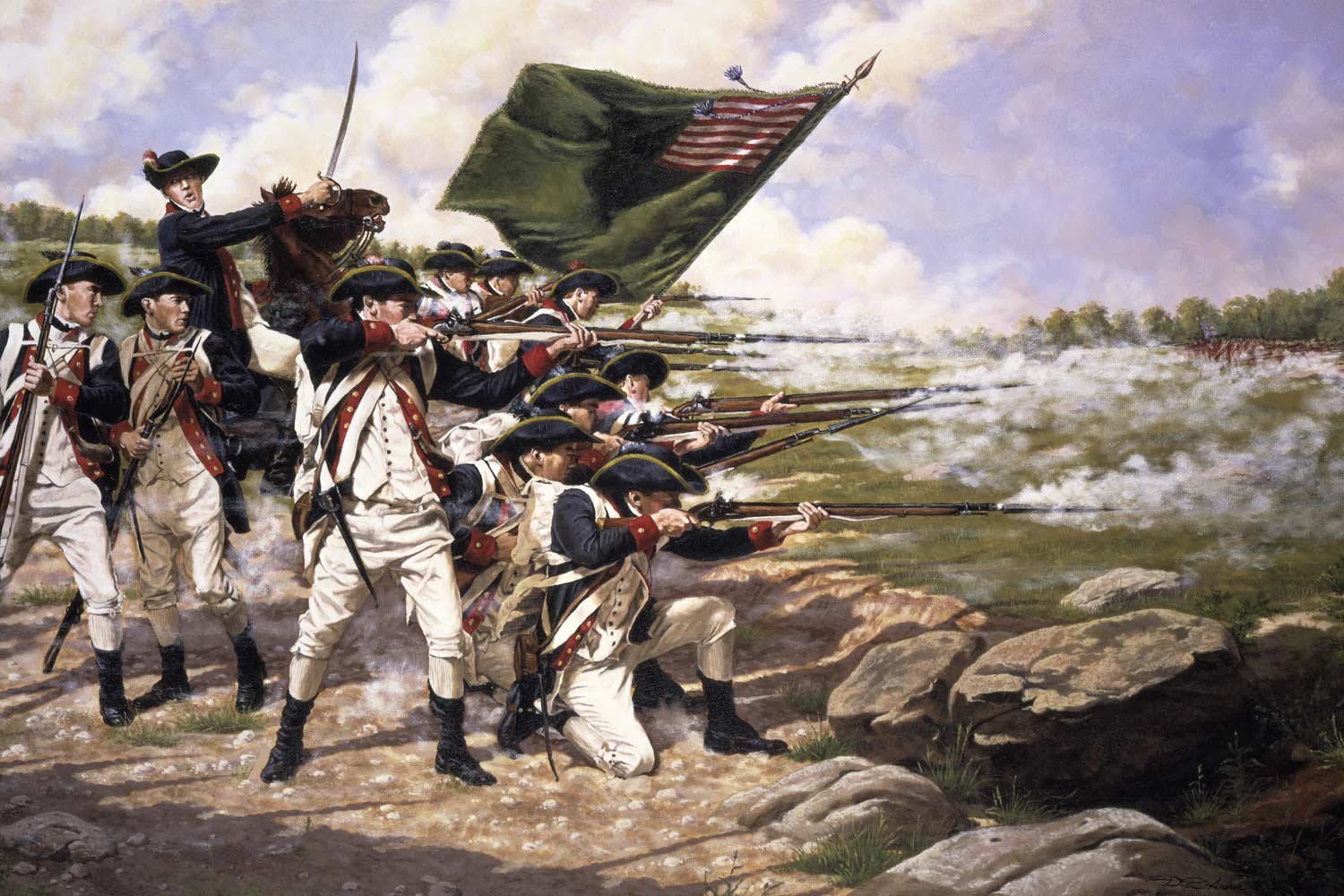
Washington and Continental Army Face Rocky Start
General George Washington formally took command of the Continental Army surrounding Boston on July 3, 1775. He immediately began to organize and train the troops and his natural aggressiveness was soon on display.
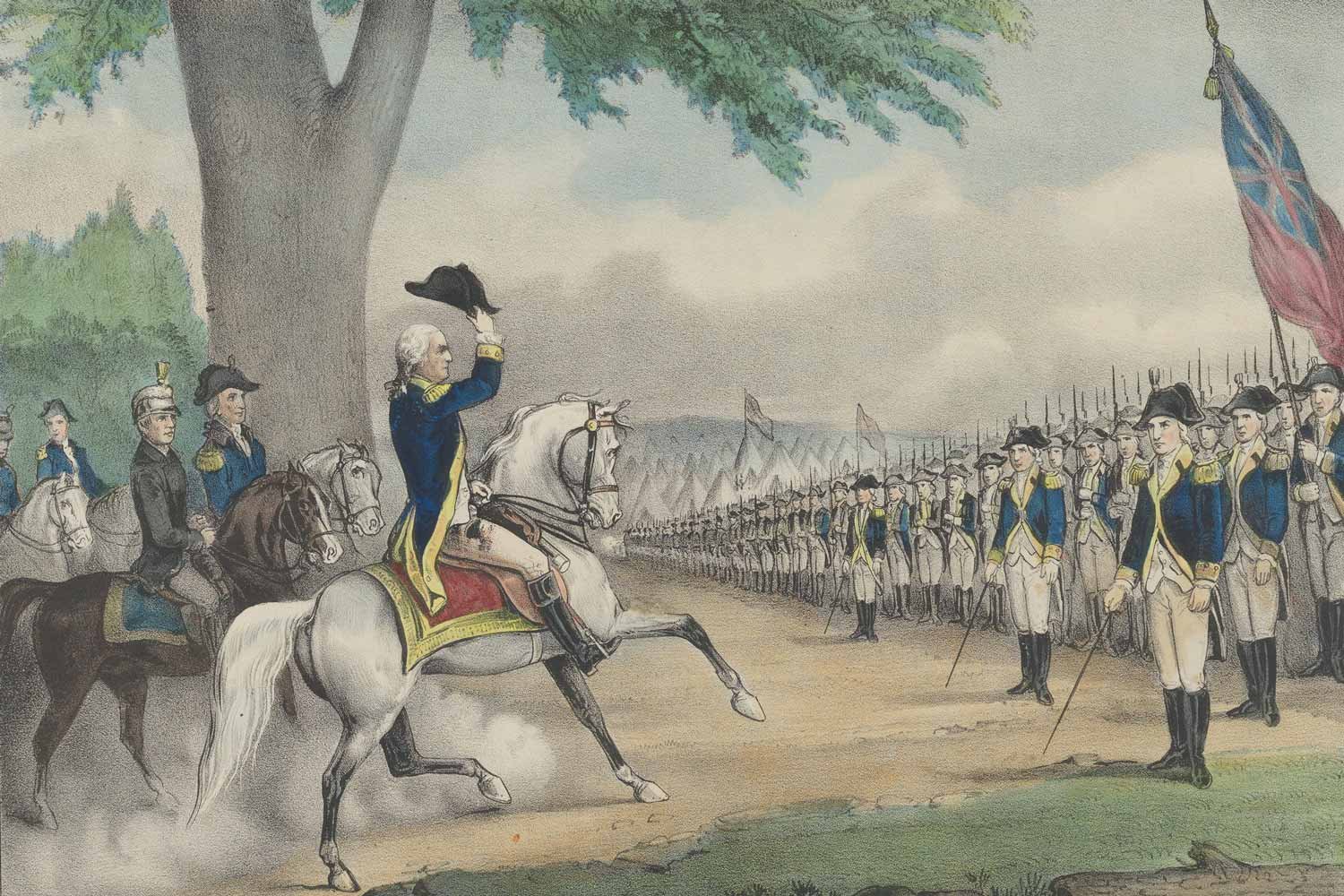
Washington Takes Command of the Continental Army
When it came to finding the right man to command the new Continental Army assembled around Boston, George Washington was the logical choice. John Adams quickly nominated Washington and Congress unanimously approved. As Adams stated, “This appointment will have a great effect in cementing and securing the Union of these colonies.”
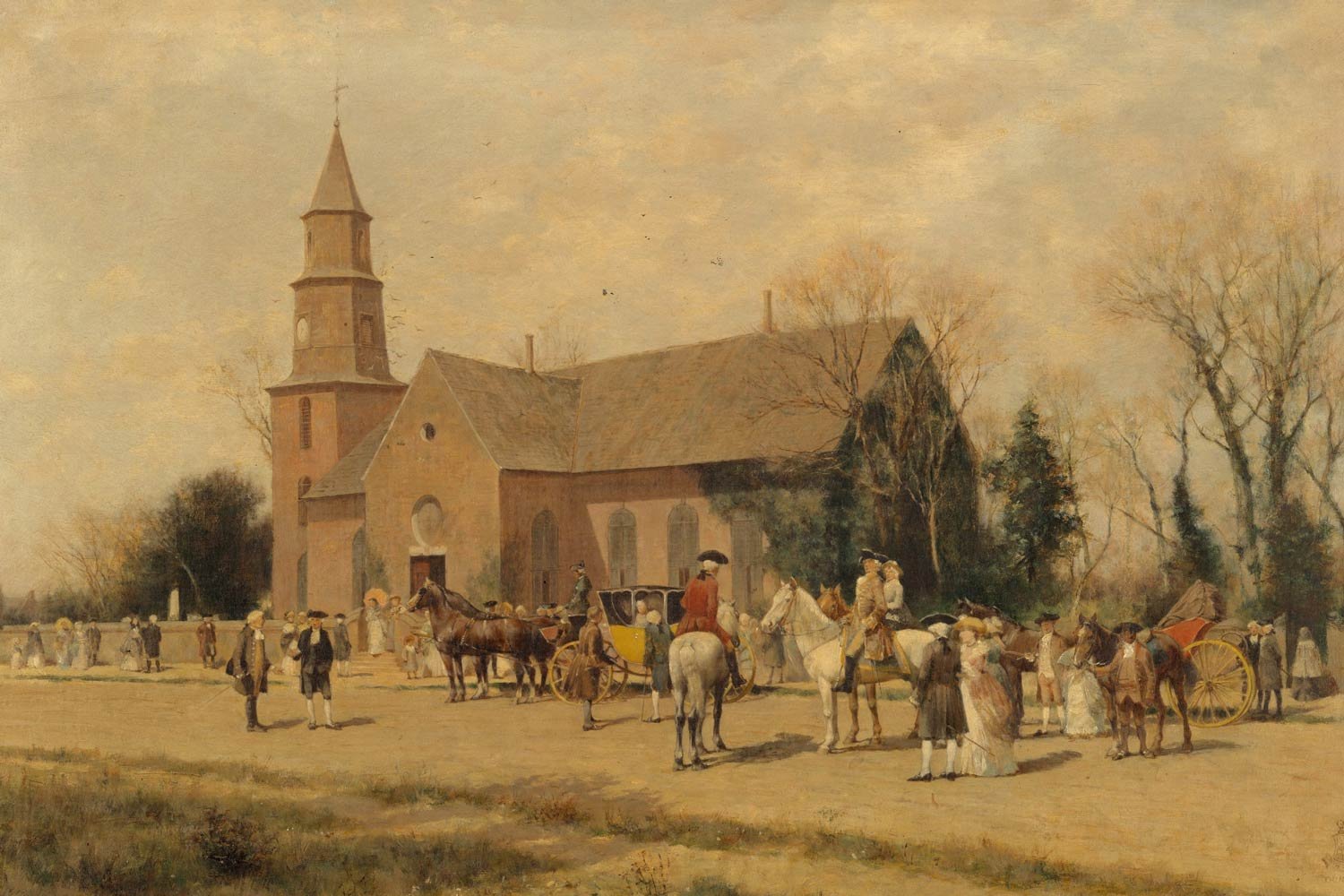
George Washington Enters Politics
As befitting a wealthy landowner in colonial Virginia, George Washington became active in the colony’s politics in the 1750s. He first ran for a seat representing Frederick County in the Virginia House of Burgesses in 1755 but lost the election. Interestingly, it was the only political race he would ever lose. Washington ran for that same seat in 1758 and was victorious, and he held this seat for seven years.
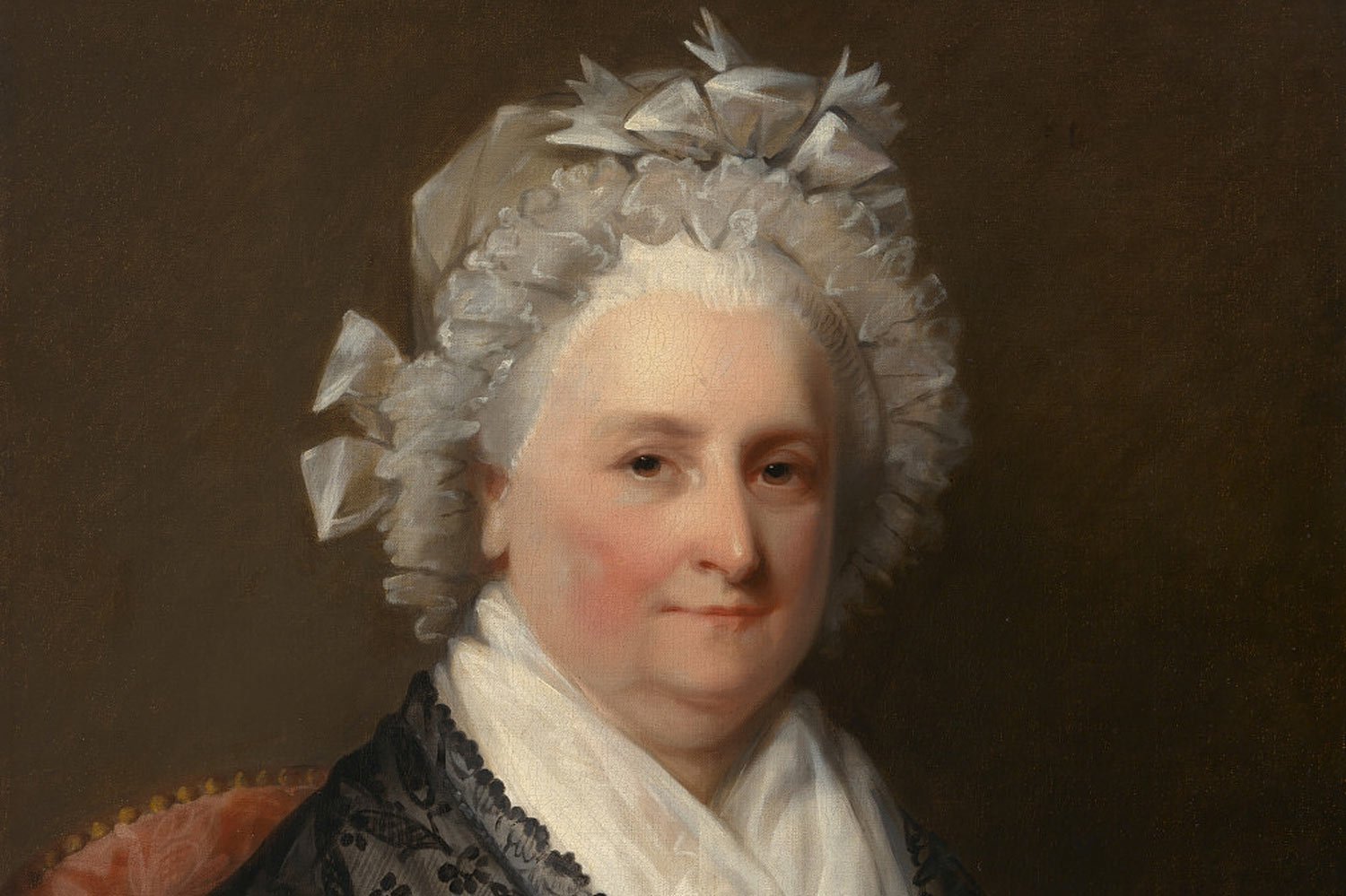
The Life of Martha Washington
Martha Washington was our nation’s first First Lady and lived in the shadow of her larger-than-life husband George. However, most Americans do not realize that she was a very capable woman and, when given the opportunity, managed her own affairs quite well.
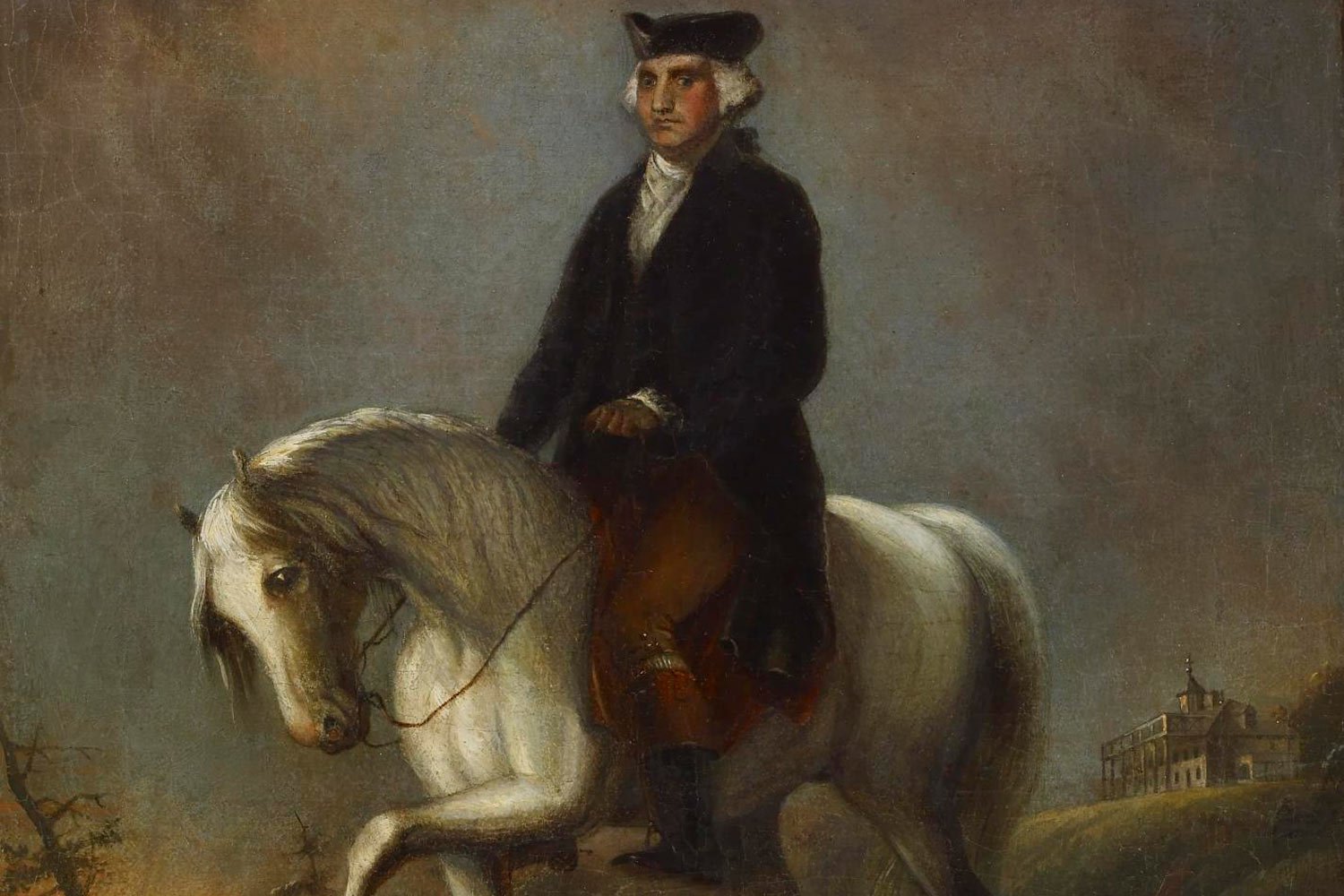
George Washington’s Life at Mount Vernon
When George Washington resigned as Colonel and Commander of the Virginia Regiment in 1758, he returned to Mount Vernon to begin his life as a gentleman planter. Although in less than twenty years Washington would be called away by his country, his time between the French and Indian War and the American Revolution was a significant portion of this great man’s life.
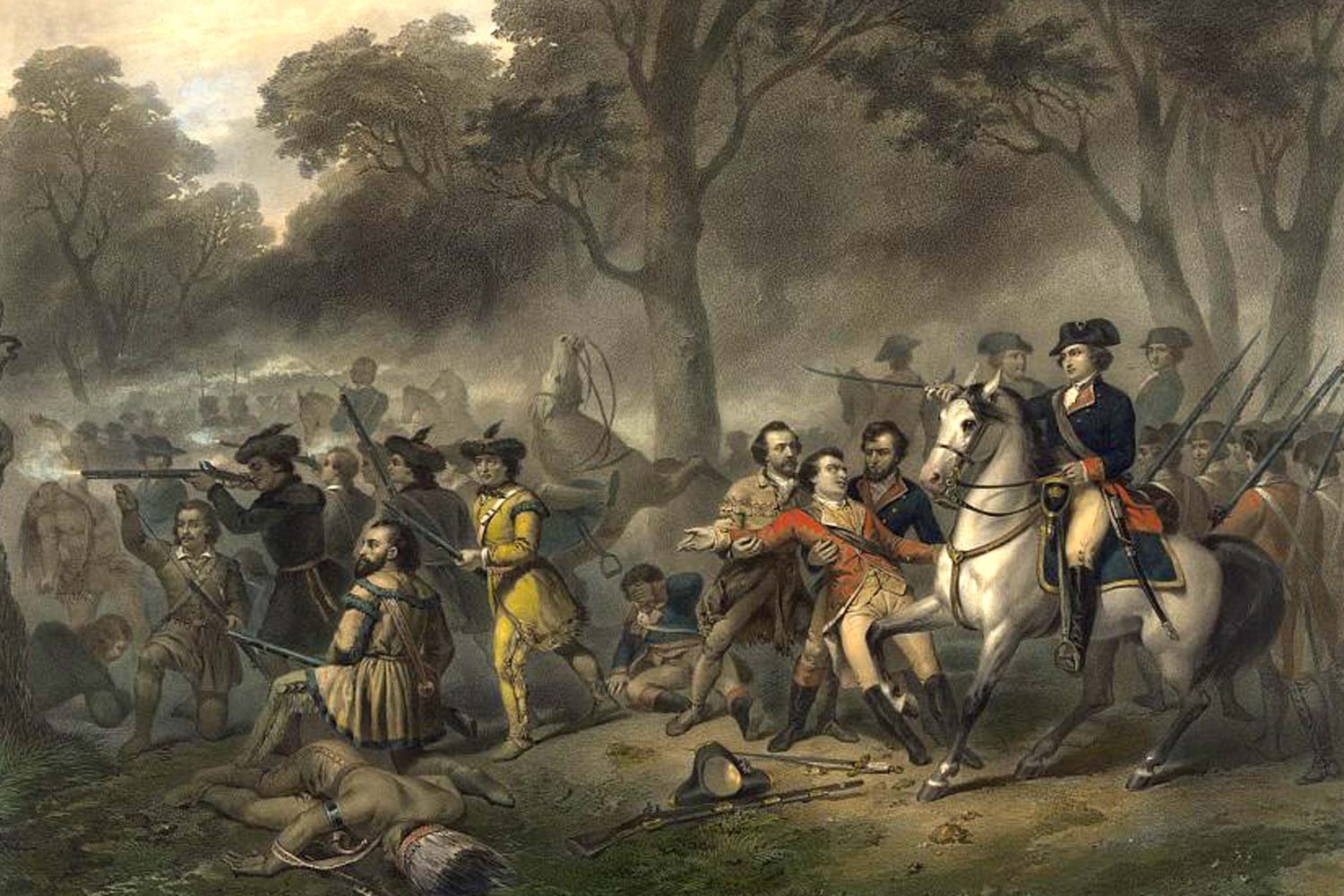
The Start of George Washington’s Illustrious Military Career
With the demise of Lawrence Washington in 1752, George Washington inherited much of his stepbrother’s property, becoming a significant landowner at the age of 20. Lawrence’s passing also opened up an Adjutant’s position in the Virginia militia that George coveted given his love of military history and desire to follow in his brother’s footsteps.
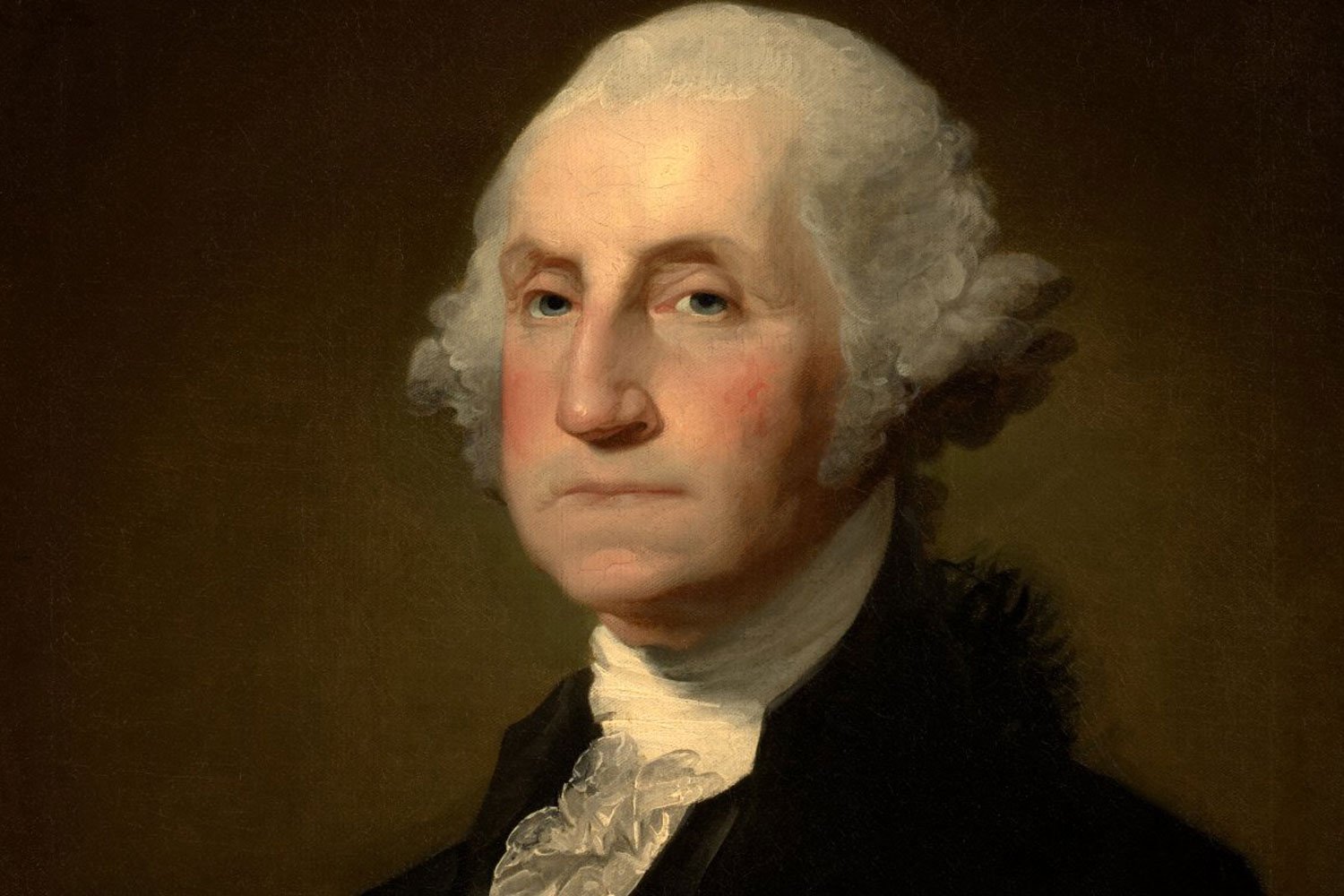
The Early Life of George Washington
George Washington is more responsible for the creation of America than anyone else in our country’s incredible history. He was the right man with the right set of characteristics and talents at just the right time. It is hard to imagine the United States could have happened without his presence.
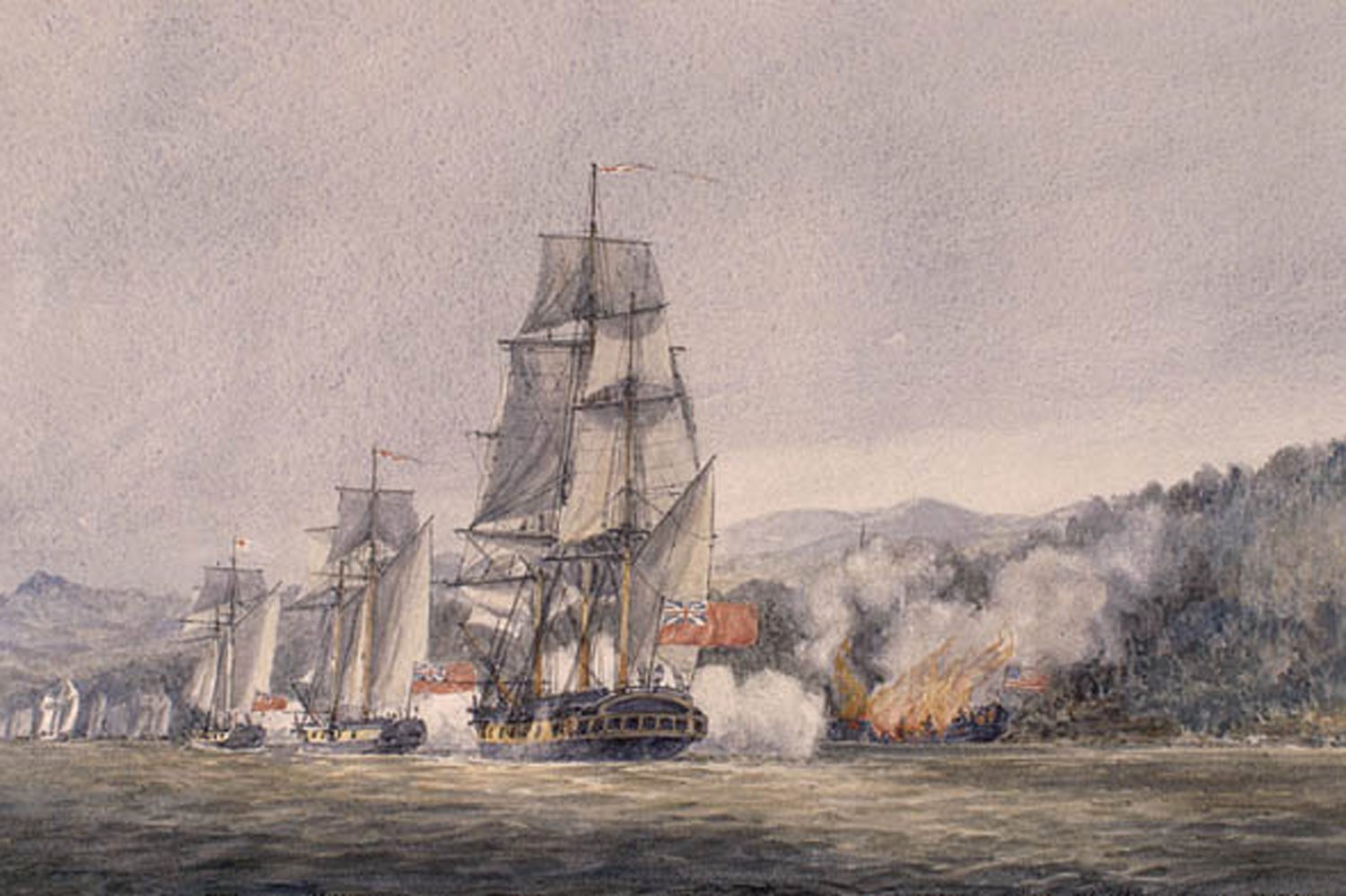
Northern Campaign Ends with Battle of Valcour Island
The Battle of Valcour Island, which took place on Lake Champlain, was the closing scene of the Northern Campaign of 1775-1776. It was one of the first naval battles of the American Revolution and, although a tactical defeat, it was a strategic victory for the American cause.
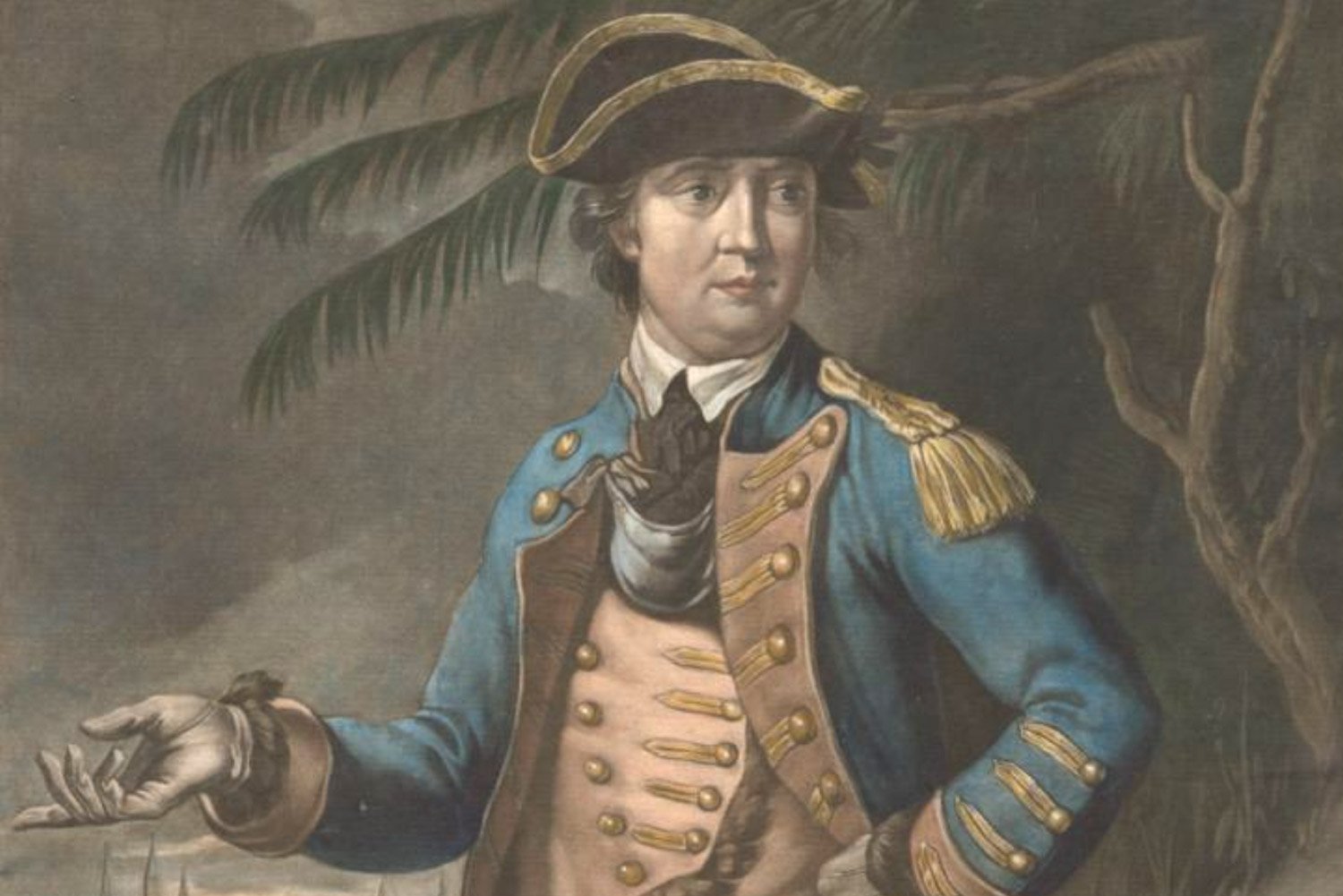
Americans Retreat After Failed Assault on Quebec
General Guy Carleton, the man in charge of British forces in Canada, chose to return to the safety of Quebec’s walls after repelling the American assault on the city instead of venturing out and attacking the remaining Americans. With the death of General Richard Montgomery, Colonel Benedict Arnold assumed command of the American army outside Quebec and, despite the setback, refused to give up on the conquest of Canada.
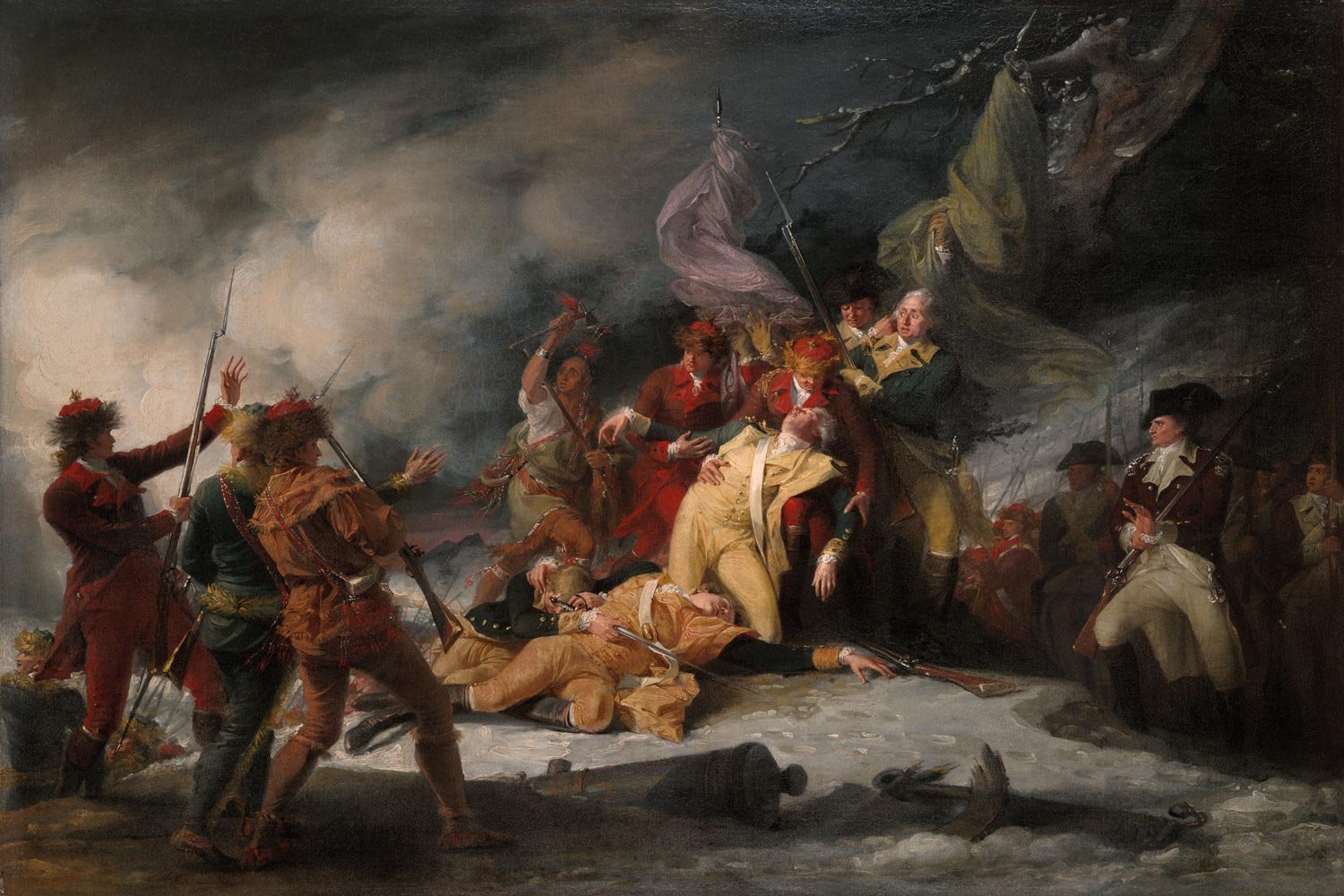
Assault on Quebec Ends in Disaster
On December 26, General Richard Montgomery assembled the key officers in his army besieging Quebec City to discuss their next steps. The bombardment of the city had failed to convince British General Guy Carleton to surrender and there were only five days remaining until the enlistments of most of Montgomery’s men expired and they left for home. There was grumbling in the ranks that the retreat should have already started.
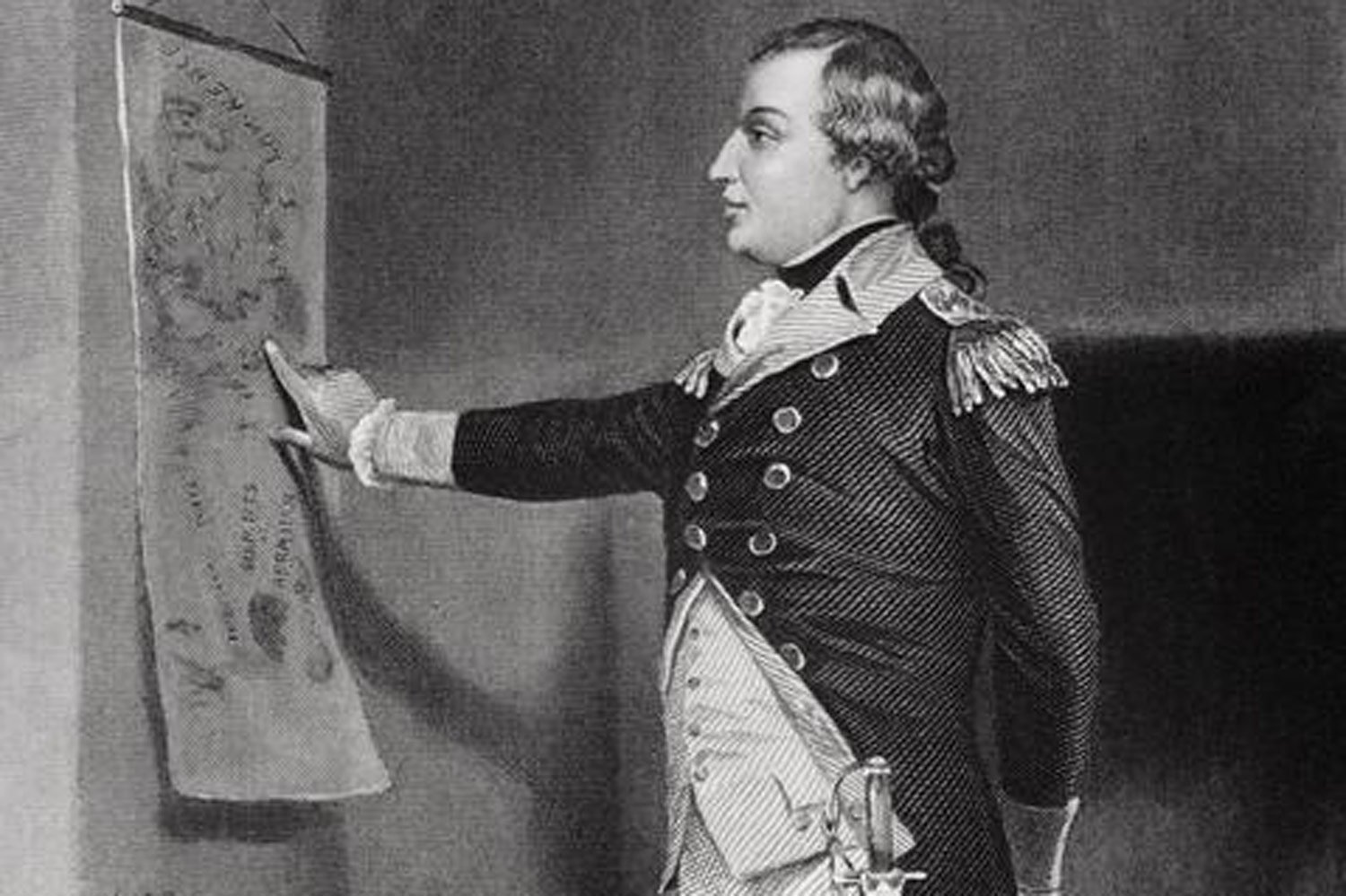
Americans Commence Siege of Quebec
With the capture of Montreal by General Richard Montgomery and the presence of Colonel Benedict Arnold’s force of 600 men on the Plains of Abraham, Britain’s foothold in Canada had dwindled to about one square mile, the area within the mighty walls of Quebec City. Now the defenses of that fortress would be tested by a band of determined Americans.
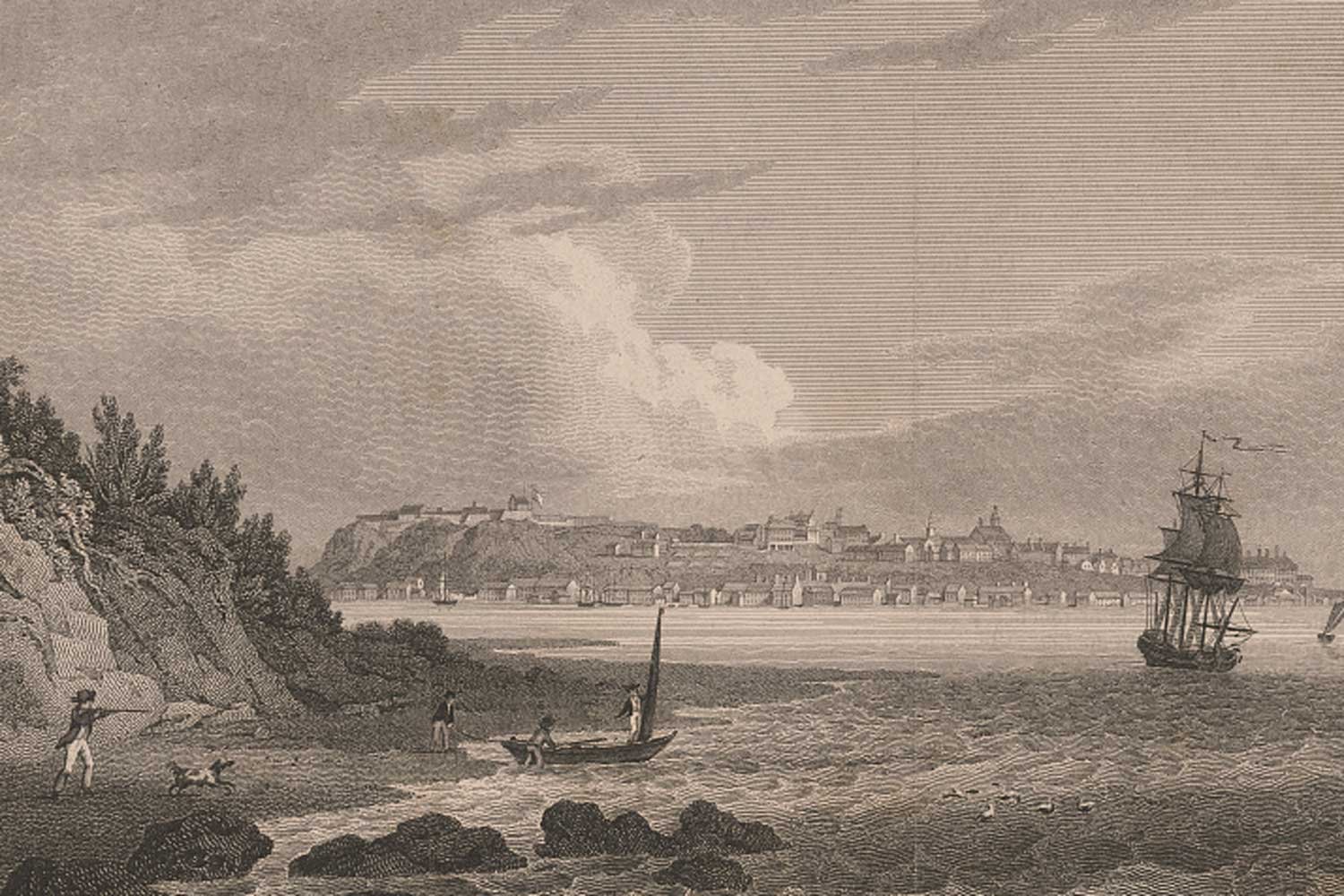
Benedict Arnold’s Army Reaches Quebec
After clearing the Height of Land, Colonel Benedict Arnold’s army on its way to capture Quebec City believed they were on the downhill slope to their destination, but their hardships were not finished. The area which they just entered was poorly mapped, and Arnold’s regiments paid the price for this lack of knowledge.




